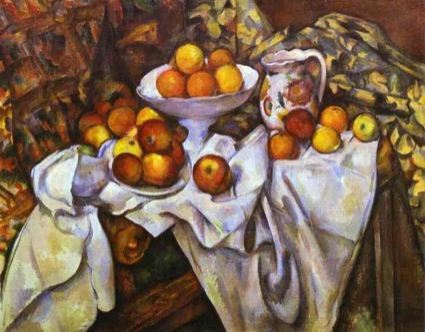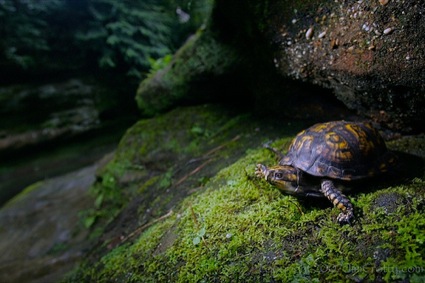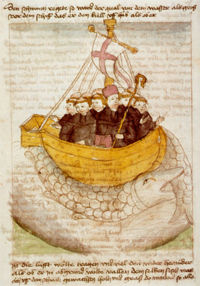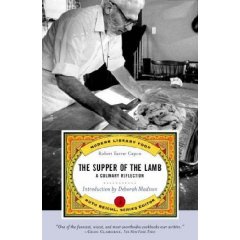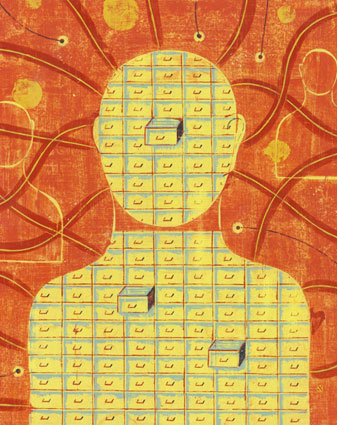I just checked out Billy Collins latest poetry book. It’s titled The Trouble with Poety of course. The centerpiece poem comes on the second to the last page. I won’t quote the whole thing here for these parts are sufficient:
the trouble with poetry is
that it encourages the writing of more poetry
more guppies crowding the fish tank,
more baby rabbits
hopping out of their mothers into the dewy grassAnd how will it ever end?
unless the day finally arrives
when we have compared everything in the world
to everything else in the world,Poetry fills me with joy
and I rise like a feather in the wind.
Poetry fills me with sorrow
and I sink like a chain flung from a bridge.But mostly poetry fills me
with the urge to write poetry
I thought how fun (and possibly true) it might be to write this about other arts and disciplines…
the trouble with music is
that it encourages the playing of more music
more songbirds fluttering and chirping brightly
pooping on your windshieldAnd how will it ever end?
unless the day finally arrives
when we have played every note four bars
before, after, and with every other noteMusic fills me with hope
and I rise high over the world on the wings of Icarus
Music fills me with despair
and I hit the ground hard as the curtain closesBut mostly music fills me
with the urge to play music
Or try this one:
the trouble with theology is
that it encourage the writing of more theology
more chickens crowding the roost
more crossing of the sea
to make one more discipleAnd how will it ever end?
unless the day finally arrives
when we have measured the Trinity
down to the last parsecTheology fills me with understanding
and the foundations of my city are laid deep
Theology fills me with confusion
and I despise my brothersBut mostly theology fills me
with the urge to write theology
And to end on a lighter note:
the trouble with cooking is
that it encourages more cooking
more fish out of the ocean
more rabbits hopping onto your plateAnd how will it ever end?
unless the day finally arrives
when every taste is paired with every other
like Elk sausage in blueberry sauce
that was quite delicious
at the French place last nightCooking fills me with joy
and I rise like a savory aroma
Cooking fills me with frustration
and I hit the fan above the range
distracted by the cost of ingredients
the mountain of dishesBut mostly cooking fills me…
That was fun!

